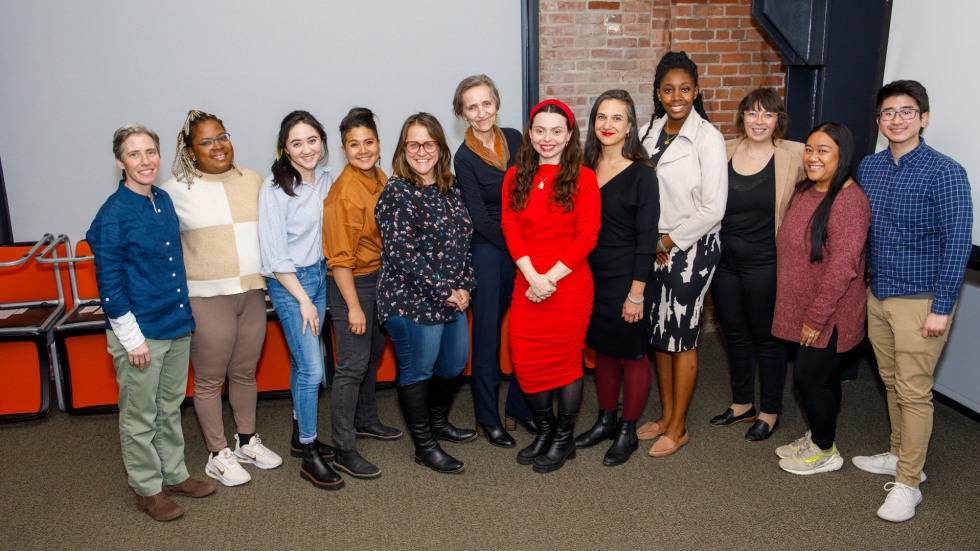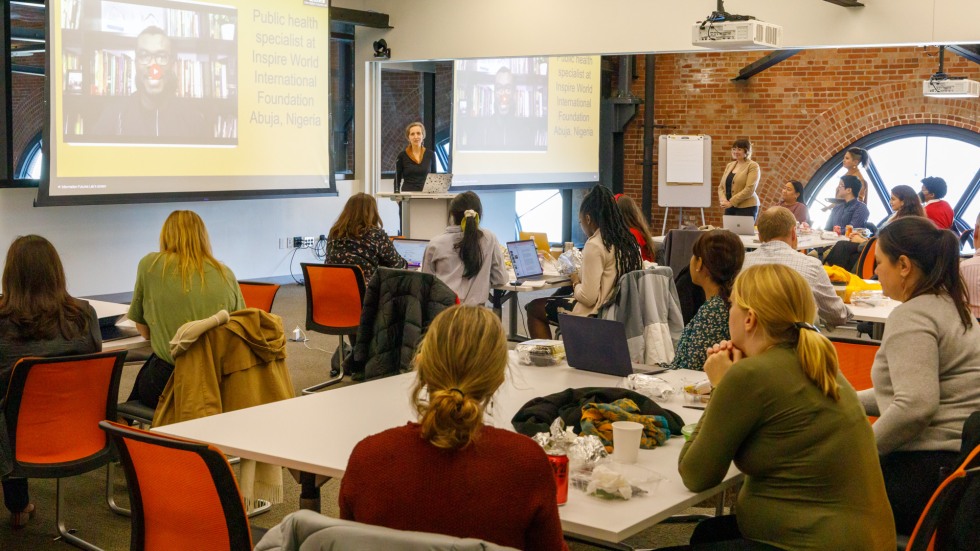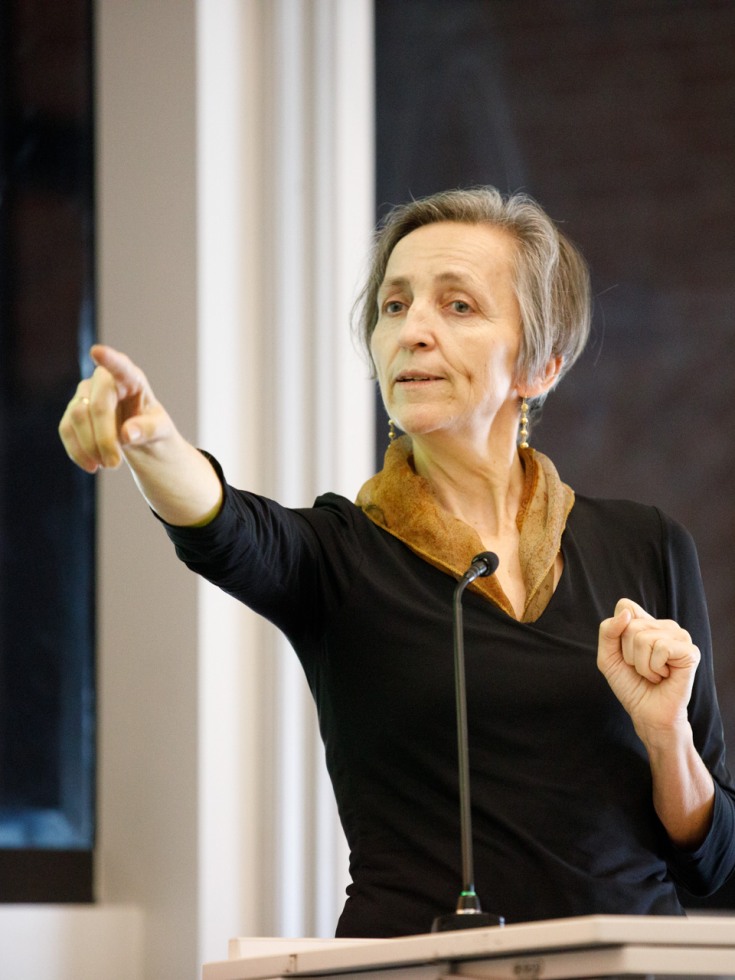Every minute, an estimated 500 hours of content is uploaded to YouTube, 347,200 Tweets are posted to Twitter, and 1,700,000 pieces of content are shared on Facebook. The overwhelming amount of information online exacerbates the spread of misinformation—a problem familiar to science communicators. Combatting this deluge of mis-and-disinformation is a challenge that the Information Futures Lab (IFL) at the Brown University School of Public Health is seeking to address. As Associate Professor of the Practice Stefanie Friedhoff, the co-director of the IFL, stated, “Misinformation doesn’t occur in a vacuum; it is facilitated by the design of our information ecosystems.”
To help tackle this information crisis, particularly in the field of public health, the IFL has launched the Information Futures Lab Fellowship. This program provides eight dedicated practitioners with the resources, time, and support they need to develop and test pilot projects that seek to address information disorders and digital literacy.
Recently, the first cohort of IFL Fellows gathered in Providence for the IFL Pitch-a-Thon. The invite-only event offered fellows a chance to showcase their projects to an audience of faculty, staff, and researchers from Brown University. The fellows come from diverse backgrounds, communities, and countries, including Nigeria, Thailand, the UK, and the US, and are working on a range of public health-related misinformation and disinformation issues.


